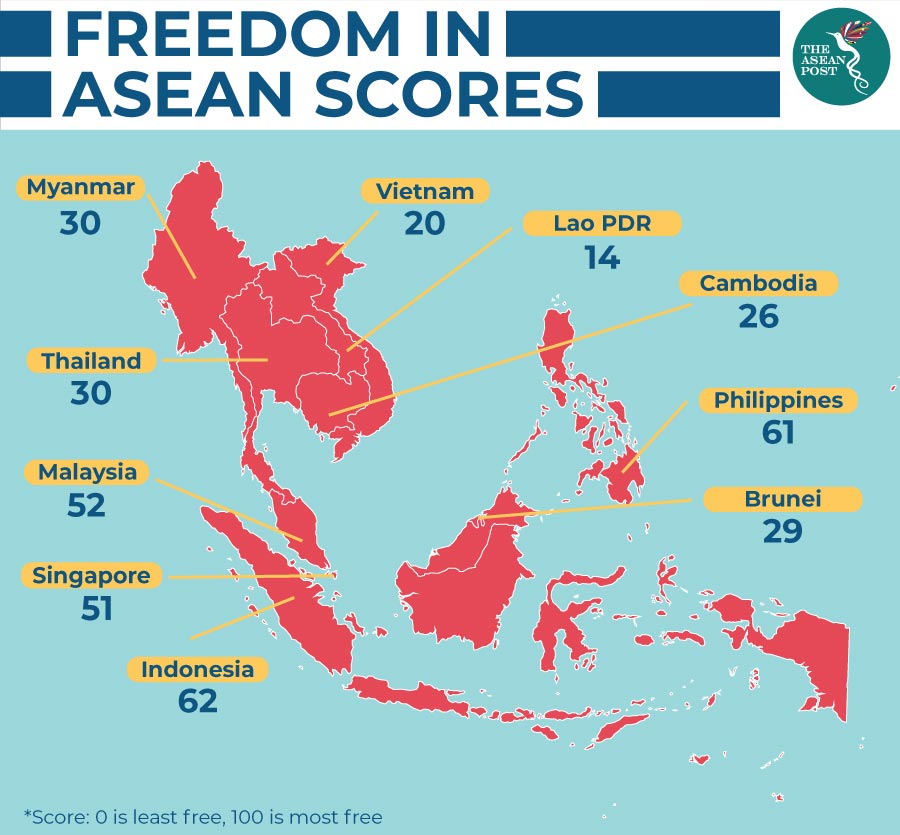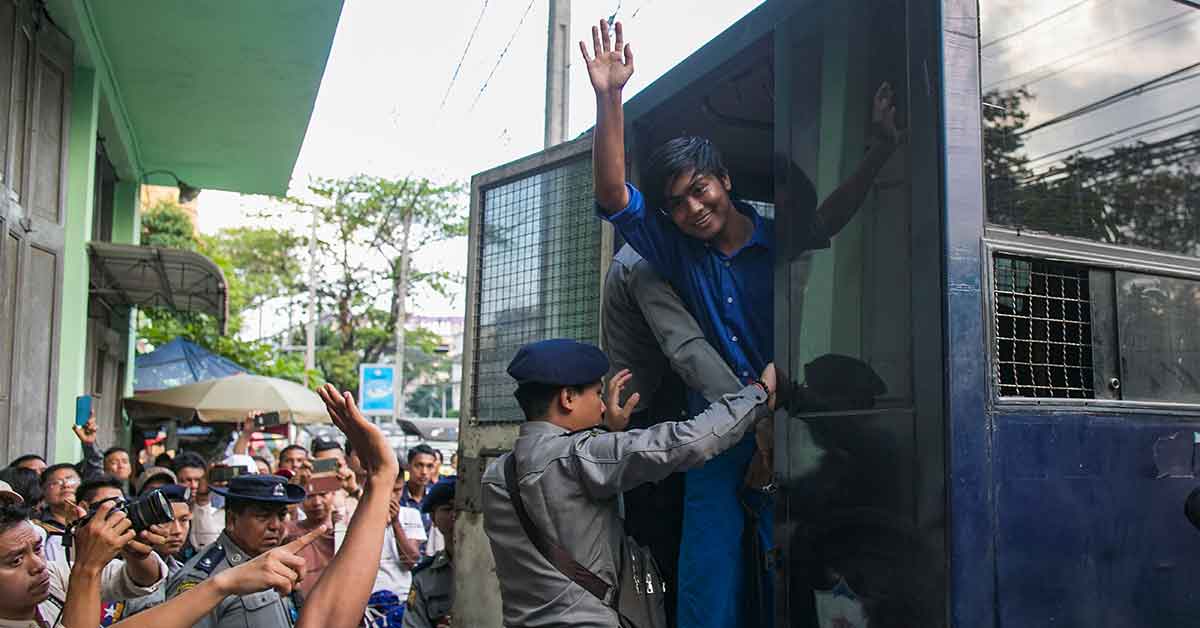On today, the 21 November, the people of Myanmar celebrate their National Day, an annual public holiday for the country, celebrated on the tenth day following the full moon of the month of Tazaungmone, the eighth month of the country’s calendar. The holiday marks the anniversary of the beginning of student-led protests against the British in 1920.
As with most of ASEAN, from the earliest days of colonisation, there was a strong feeling of resentment against the rule of Myanmar’s colonisers. The student protests of 1920 were seen as the start of the resistance movement that ultimately led to independence from Britain in 1948.
In 1920, on the tenth day following the full-moon day of Tazaungmone, students from the Rangoon and Judson Colleges began protests against the British administration’s Rangoon University Act of 1920. The Act raised the status of Rangoon College to that of a university, but the changes in the administration and curriculum were seen to exclude the local population.
The protests ignited a call for nationalism among students, the basis of which formed the key elements of the country’s independence movement.
Today, however, Myanmar’s leadership seem to have forgotten the spirit of the 1920 student protests.
It was reported on Monday, that a group of Myanmar satirists had racked up a second prison sentence for a performance that criticised the military. In turn, the artists claimed that the court's decision indicated that the judges were "not much more than puppets" of the military.
The group of seven, known as the Peacock Generation, were arrested after performing "Thangyat", a Myanmar art form similar to slam poetry, in April. Wearing military uniforms, they mocked the army with a unique fusion of poetry, comedy and music. The authorities, however, were unamused and the troupe, already held in prison for months, are now facing several charges.

Of the Peacock Generation’s seven, six were jailed on Monday under Section 505(a) of the Penal Code. The law criminalises any intent to cause officers or soldiers "to mutiny or otherwise disregard or fail in their duties".
"They are found guilty of being disrespectful towards the military. That is why they are sentenced to one year in prison," judge Mg Mg Thet told a packed Yangon courtroom.
Despite the group's relief that at least one of them had escaped prison this time, the performers' anger at what they regard as injustice was palpable.
"The judges are being used by the military as puppets to bully civilians," 21-year-old Kay Khaing Tun, one of those jailed was quoted as telling journalists outside the courtroom.
Lack of freedom
Earlier, at the end of January, Human Rights Watch (HRW) published a damning 87-page report entitled “Dashed Hopes: The Criminalization of Peaceful Expression in Myanmar”. The report claimed that Myanmar’s freedom of expression had deteriorated under its new government, citing in particular the jailing of Reuters reporters Kyaw Soe Oo and Wa Lone, who were investigating the Rohingya crisis, saying the case “shows the military’s willingness to penalise reporters who seek information the military would rather keep hidden”.
Linda Lakhdhir, Asia legal adviser at HRW and author of the report, said: “Aung San Suu Kyi and the National League for Democracy promised a new Myanmar, but the government still prosecutes peaceful speech and protests and has failed to revise old oppressive laws.”
Hunter Marston, a Washington-based independent consultant, agreed with the findings, saying freedom of the press had “deteriorated markedly”. In addition to laws being used to suppress criticism, he said the country’s de-facto leader had failed to step up for freedom of expression.
As history seems to tell it, it was expression – particularly of dissent - from the young, out of a spirit and sense of patriotism and nationalism, that ultimately led to the liberation of Myanmar from its British colonialists. Today, however, there are – yet again – attempts to snuff out this fire of dissent. This time, instead of British colonialists, it is allegedly from the very bodies one would expect to be the most patriotic and nationalistic in the country – the legislation and the military.
Related articles:
